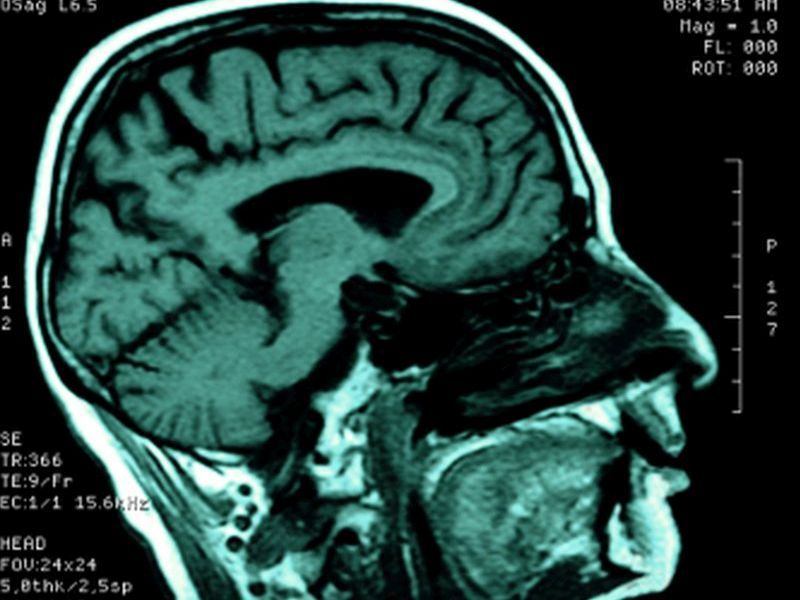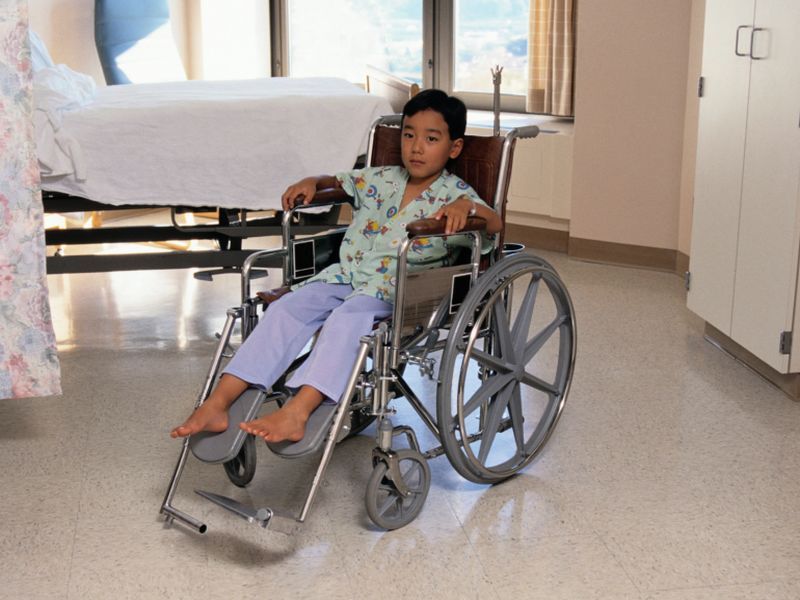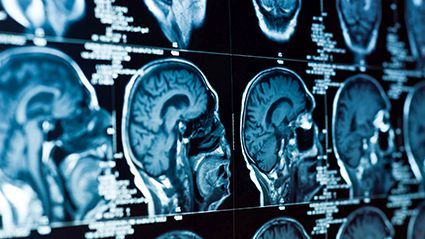
Why does one person take a lot of risks and another proceed with more caution? Researchers came closer to that answer with a new study that shows risk-taking behavior may be related to characteristics in the brain. The study found there is no one risk area in the brain. Instead, there are many regions where… read on > read on >


















